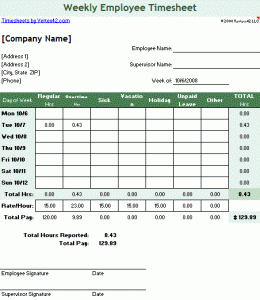 Have you ever worked with someone who just doesn’t get it?
Have you ever worked with someone who just doesn’t get it?
I was recently part of a team that was contracted by a company to handle a RIF (reduction in force). I met with one guy and he started the conversation saying, “So you’re the hired gun?” Trying to keep it non-confrontational and to appear empathetic I answered, “Well, in a way, aren’t we all?”
“No,” he replied, “some of us work for a company and are trying to build something.”
Now this was an internet-based company, not one involved in manufacturing. Their product was information, access and advice. So I thought for a second about what he might be referring to. A career? A track record? A long term employment relationship with one company? Not entirely sure what he meant and wanting to keep the process moving, I started explaining his benefits, options and severance. He had little interest in discussion, took his package and left.
Now let me explain something. This was not some 60-ish grizzled veteran of a different time. He was in his 30’s, had grown up in and always worked in technology firms, and this wasn’t the first layoff he’d witnessed. It was the first one that affected him this way. It was his first time on “the other side of the desk.”
Maybe he thought he would always land on his feet. Maybe he thought it couldn’t happen to him. He was totally unprepared for that day even though he knew that people would be losing their jobs.
Later I thought back on a time 20 years ago when I was working for a major financial that had just merged with a competitor. I’d been assigned to a merger project team and was talking with a friend in human resources about the position.
“This is just a temporary assignment. I won’t be joining their group.” She cut me off with a wave of her hand.
“Ron,” she said, “we’re all temps now.”
Prophetic words. Ones that resonate today. Ones this guy hadn’t yet grasped. In this economy, there are no more gold watches. It may not be the Free Agent Nation that Daniel Pink prophesied about in Fast Company magazine in 1998, but we’re moving in the direction of a more mobile, temporary, project-based workforce. An economy based on skills you possess right now and results you can deliver in the near future.
Keep your skills current. Keep your resume up-to-date. Don’t put too many plants and tchotchkes in your cube and never go to work unprepared that you may be asked to leave before the day is over.
We’re all temps now. And that might not be an entirely bad thing.

